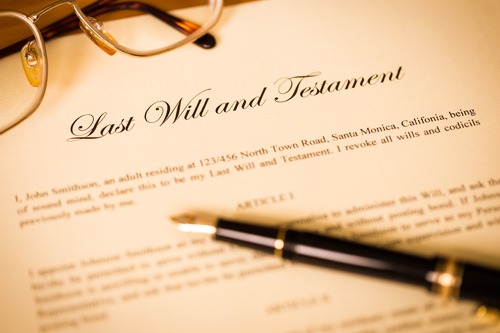If There is No Last Will and Testament, Who Will Inherit Your Estate?
 When it is said that a person has died intestate, it means that they died without leaving a Last Will and Testament. A Last Will and Testament is among the documents we call, “the four must-have legal planning documents.” The other three documents include: Durable Power of Attorney, Health Care Proxy, and Living Will.
When it is said that a person has died intestate, it means that they died without leaving a Last Will and Testament. A Last Will and Testament is among the documents we call, “the four must-have legal planning documents.” The other three documents include: Durable Power of Attorney, Health Care Proxy, and Living Will.
The purpose of a Last Will and Testament is to express your wishes and identify who is to receive your property and assets upon your passing. It is imperative to complete a Last Will and Testament if you want to have a say on who receives your assets when you are no longer with us.








 A frequent question I get from clients who are considering putting their house into a Medicaid Asset Protection Trust is,“If my house is in the trust, can I sell it if I so choose in the future?”
A frequent question I get from clients who are considering putting their house into a Medicaid Asset Protection Trust is,“If my house is in the trust, can I sell it if I so choose in the future?”